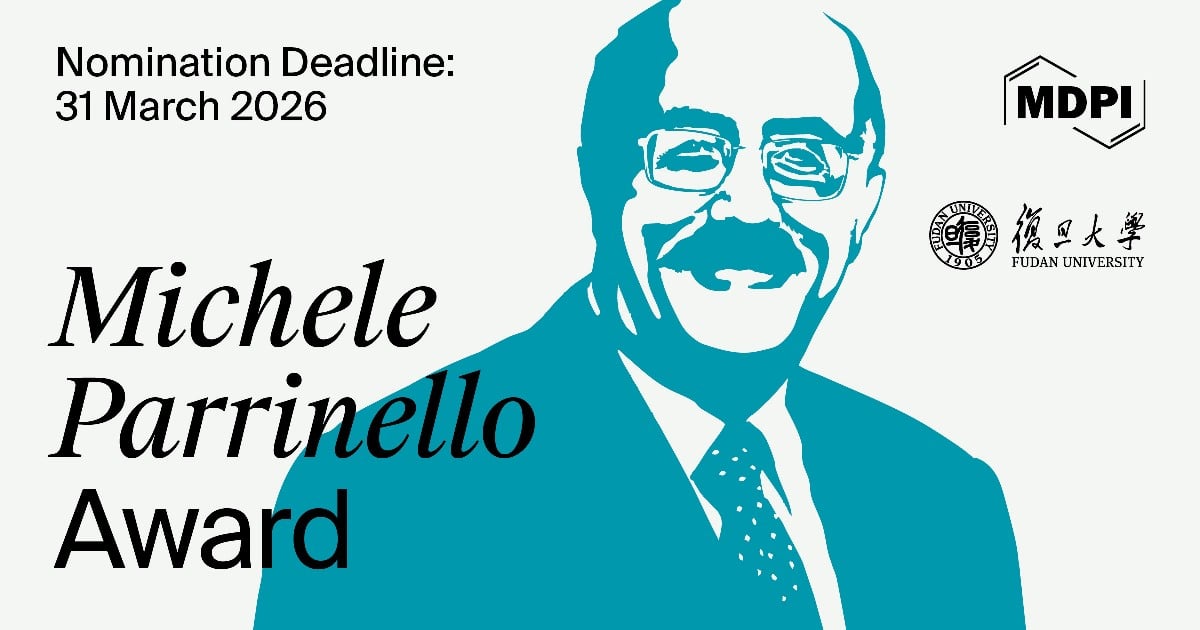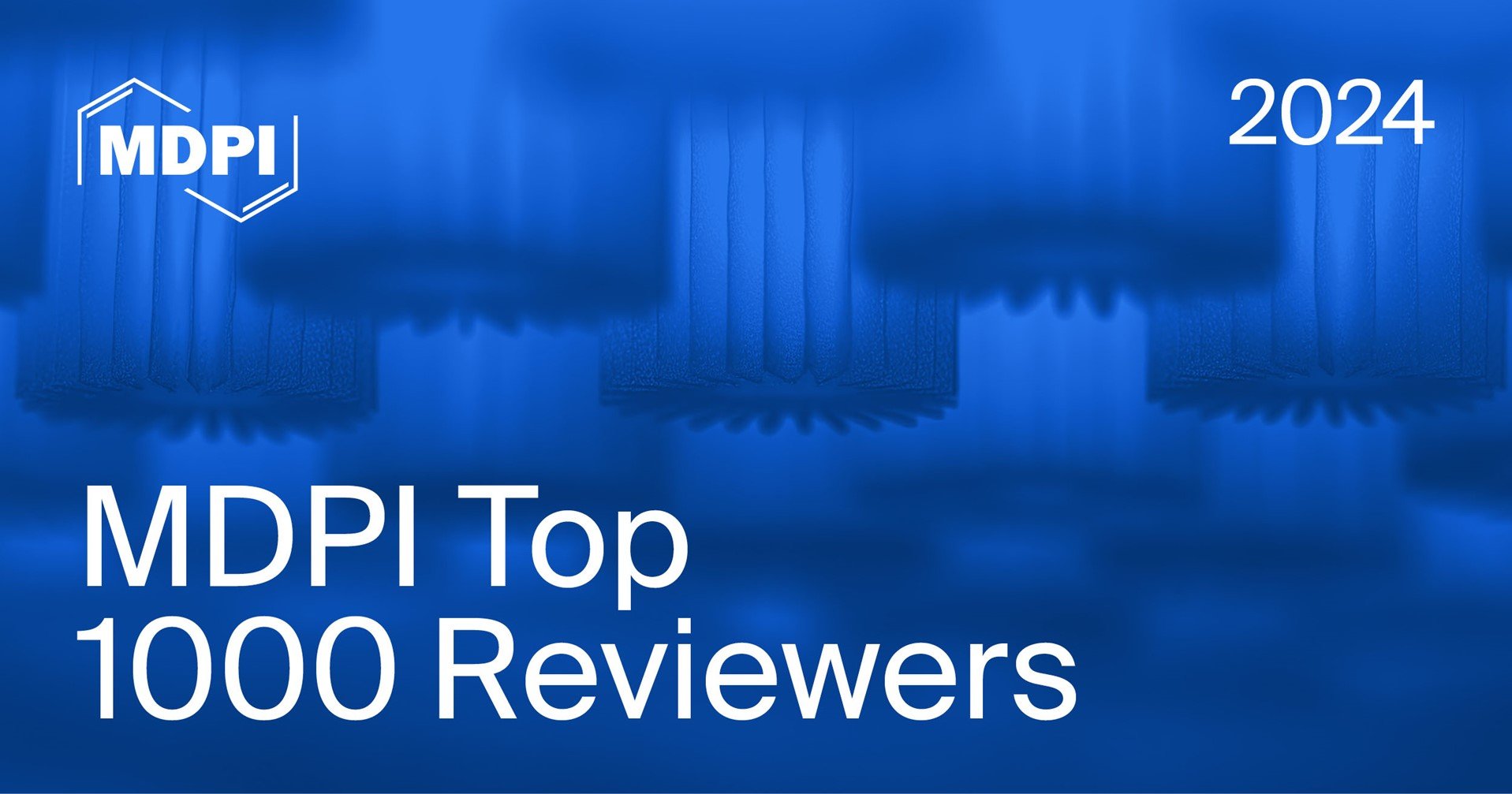Inclusive education represents a central pillar of social sustainability, demanding a nuanced understanding of the factors shaping students’ attitudes toward people with disabilities. Grounded in the social–relational model of disability—which conceptualizes disability as the interaction between individual characteristics and environmental barriers—this study examined
[...] Read more.
Inclusive education represents a central pillar of social sustainability, demanding a nuanced understanding of the factors shaping students’ attitudes toward people with disabilities. Grounded in the social–relational model of disability—which conceptualizes disability as the interaction between individual characteristics and environmental barriers—this study examined the effects of emotionally valenced video stimuli (positive, negative, neutral), gender, and tolerance level on university students’ attitudes, using a randomized quasi-experimental design with repeated measures. The intervention was implemented entirely online to ensure consistency and accessibility. A total of 179 undergraduate students from the National University of Science and Technology Politehnica Bucharest (Romania), aged 20 to 23 years (
M = 21.4,
SD = 1.6), participated in the study, which lasted approximately two weeks. Participants completed pre- and post-intervention assessments, including the Elementary Tolerance Scale and a 25-item Attitude Scale combining strengths-based descriptors with stereotype-consistent items used diagnostically to detect bias (without endorsing such framings). Results revealed a significant main effect of video type,
F(2,176) = 10.07,
p < 0.001, with higher post-test scores for the positive condition (
M = 93.82) compared to the negative (
M = 85.88) and neutral (
M = 82.67) conditions. Gender (
p = 0.033) and tolerance level (
p = 0.034) also emerged as significant moderators. We explicitly reject deficit-oriented terminology, contextualizing its use solely for diagnostic and analytical purposes; wherever possible, affirming, strengths-based, and socially grounded language is prioritized. These findings highlight the value of brief, emotionally tailored interventions for fostering inclusive attitudes in higher education and emphasize the importance of ethically curated, co-designed educational materials and measurement practices grounded in dignity and human rights. Ethical Note (Content Warning): The study adopts a social–relational, human-rights perspective on disability. Deficit-based narratives were analyzed exclusively as subjects of critique and are not endorsed. Descriptions of the “negative” stimulus were deliberately minimized to reduce potential harm and included only for scientific transparency. Negative-valence questionnaire items reflect prevalent stereotypes and were used solely as diagnostic indicators of bias. Future research should prioritize collaborative co-creation with scholars and advocates with disabilities and employ ethically curated, inclusive stimuli.
Full article

























